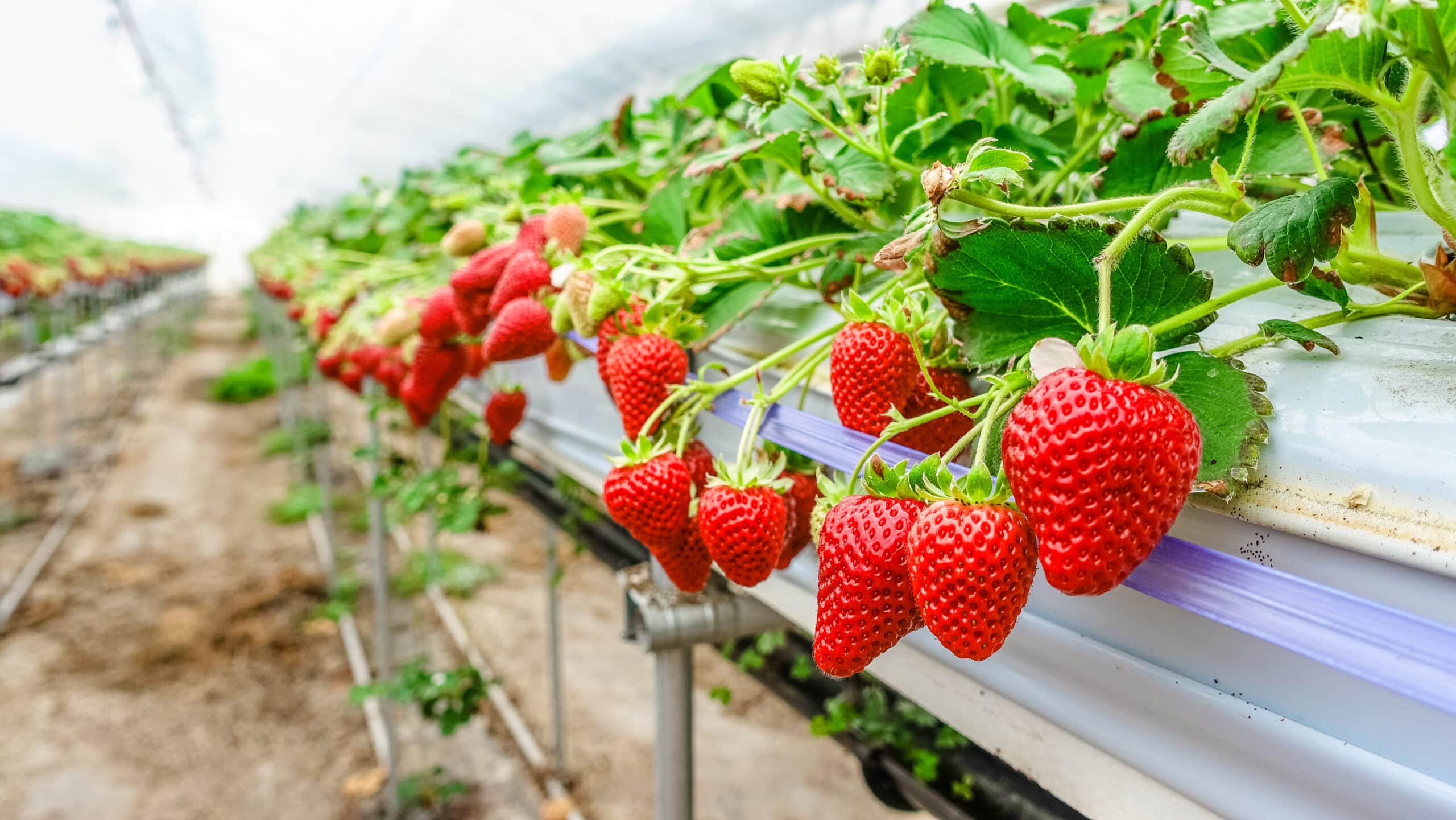ESG (Environmental, Social and Corporate Governance) criteria have become a priority across F&A investments around the world. Consumers are becoming more interested in the carbon footprint of their food consumption due to concerns over the impact of greenhouse gas emissions on the climate.
However, food production has a wide range of impacts which are difficult to measure, making it unclear whether individual investments in food meet ESG criteria and this is especially true when it comes to local food production.
The movement to reduce food miles is widely supported by consumers and domestic producers in developed countries. At the same time, consumers have grown used to all-year-round supplies of fresh produce, so a balance often needs to be struck between local production and importing food.
Consumers see local foods as a means to reduce their carbon footprint, by cutting emissions from transport. Local foods may also provide employment opportunities for the community as well as helping to bridge the gap between producers and consumers.
Local production may also provide a greater level of resilience within the food system, being less exposed to risks of disruption in the food chain.
ESG relevance to global food supply
Despite this, food imports and global food supply chains do have advantages. Big suppliers can use economies of scale to ship food more efficiently, even if it travels longer distances. Local and organic food does not necessarily help food-insecure nations feed their growing populations.
Substituting local food for imported produce will not necessarily reduce greenhouse gas (GHG) emissions. Agronomic factors and climate can also play a role, for example, tomatoes and other vegetables grown in open fields in Spain, under natural sunlight then shipped to the UK, can have a lower carbon footprint than those grown in greenhouses heated by fossil fuels locally.
It has also been claimed that food miles lobbying in Europe can harm producers in developing countries and can increase global inequality .
For most consumers and B2B buyers, the complexities of global supply chains make it difficult to properly assess the sustainability of their purchase decisions.
It is only through a full life cycle assessment that the benefits and impacts of local food can be assessed.
Lack of hard data?
However, there is a lack of hard data. According to Michael Waterman, chief executive of Canopy Holdings, a New York City-based food and agriculture holding company.
“The only place I would say ESG metrics may exist for food today is in the environmental bucket [as opposed to social and governance areas]”
Local food is not necessarily the most sustainable, the type of food, how it is produced, and how workers and animals are treated are key for determining this and investors need to develop more rigorous measurements of ESG indicators to ensure that the right balance is struck.
Leverage our sustainability & ESG insights
At Farrelly Mitchell, we specialise in guiding stakeholders through the complexities of ESG criteria in food and agriculture investments. Our expertise in sustainability and esg, policy and regulations, and market intelligence & insights enables a balanced approach to sustainable food production. We help clients navigate consumer demands for low carbon footprint foods and the intricacies of local versus global supply chains.














